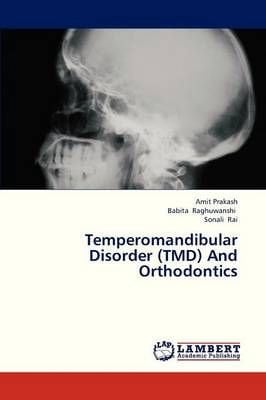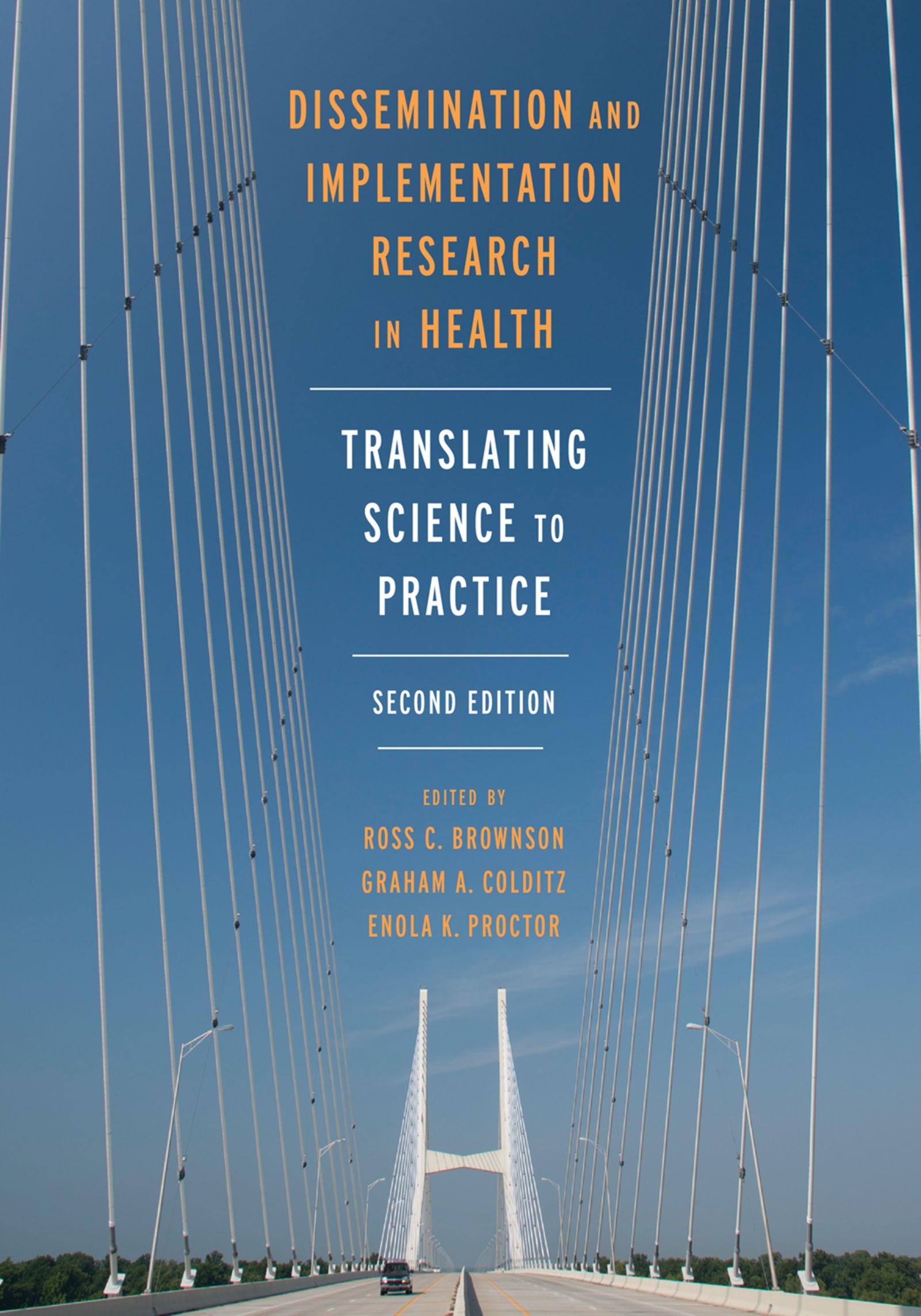Myogenous temporomandibular disorders (or masticatory myalgia) are characterized by pain and dysfunction that arise from pathologic and functional processes in the masticatory muscles. Associations between certain malocclusions and TMD were found in some studies, whereas the majority failed to identify significant and clinically important associations. TMD could not be correlated to any specific type of malocclusion, and there was no support for the belief that orthodontic treatment may cause TMD. Goals of treatment of masticatory myalgia include reducing or eliminating pain, restoring normal jaw function, reducing the need for future health care, and restoring normal lifestyle functioning. The short-term strategy is to restore the muscle to normal length, posture, and full joint range of motion with exercises. The long-term strategy includes reducing the symptoms through muscle rehabilitation while helping the patient to reduce contributing factors, muscle tension and strain, and return to normal function without the need for future health care. This book explains each aspect of TMD in orthodontics.












